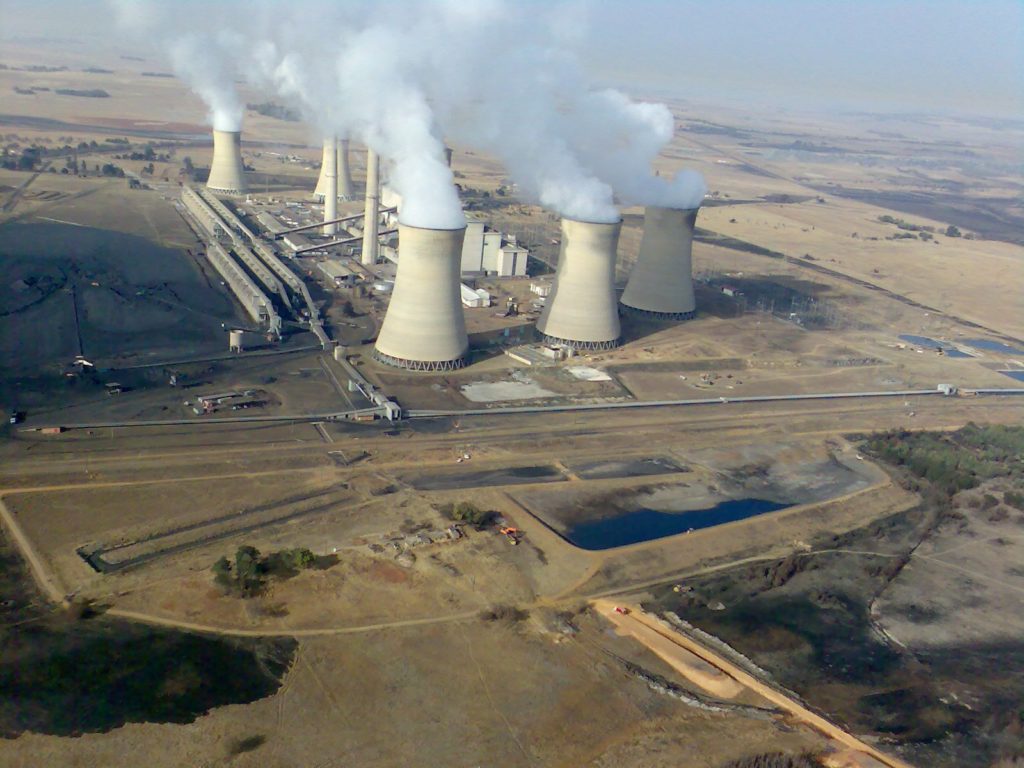South Africa has submitted an investment plan to donors who have pledged $8.5 billion to accelerate the country’s transition to renewable energy that could serve as a model for other emerging economies, two sources familiar with the matter said.
Presidency spokesman Vincent Magwenya confirmed the proposal was ready but declined to say whether it had been submitted.
“A draft of the investment plan, which outlines the investments required to achieve South Africa’s ambitious climate targets … has been finalized and will be shared with key stakeholders before it is submitted to the cabinet for approval,” he said Thursday.
Negotiators are racing to conclude the deal before the COP27 climate talks in Egypt starting on Nov. 6, as a potential model for other emerging economies seeking to wean themselves off coal.
The funds – promised by Britain, France, Germany, the European Union and the United States at climate talks in Glasgow last year- were to kick-start South Africa’s shift from polluting coal and were mainly offered in the form of concessional loans.
The sources, who asked not to be named because they were not authorised to speak to the press, said it was up to donors to comment on the document submitted.

Image: Arnot Power Station, a coal-fired plant in Mpumalanga, South Africa. Source: Gerhard Roux, CC BY-SA 4.0, via Wikimedia Commons
For donors to release the funds, South Africa must demonstrate its plan will reduce its carbon emissions by more than it was planning to do under its existing climate commitments.
South Africa is the world’s 12th biggest carbon emitter, pumping 430 megatonnes CO2 in 2019. The latest data put it five places ahead of Britain, an economy eight times its size.
Coal fuels 80% of South Africa’s power generation, making the transition of state utility Eskom to renewables a priority. South Africa aims to subsequently focus on becoming a hub for green hydrogen and electric vehicle manufacturing.
Moving South Africa’s economy into greener energy will require vast funds, with some analysts estimating at least $250 billion over the next three decades.
Magwenya reiterated the government’s position a funding shortage in the deal must be addressed but would not say how big it was.
Source: Reuters






